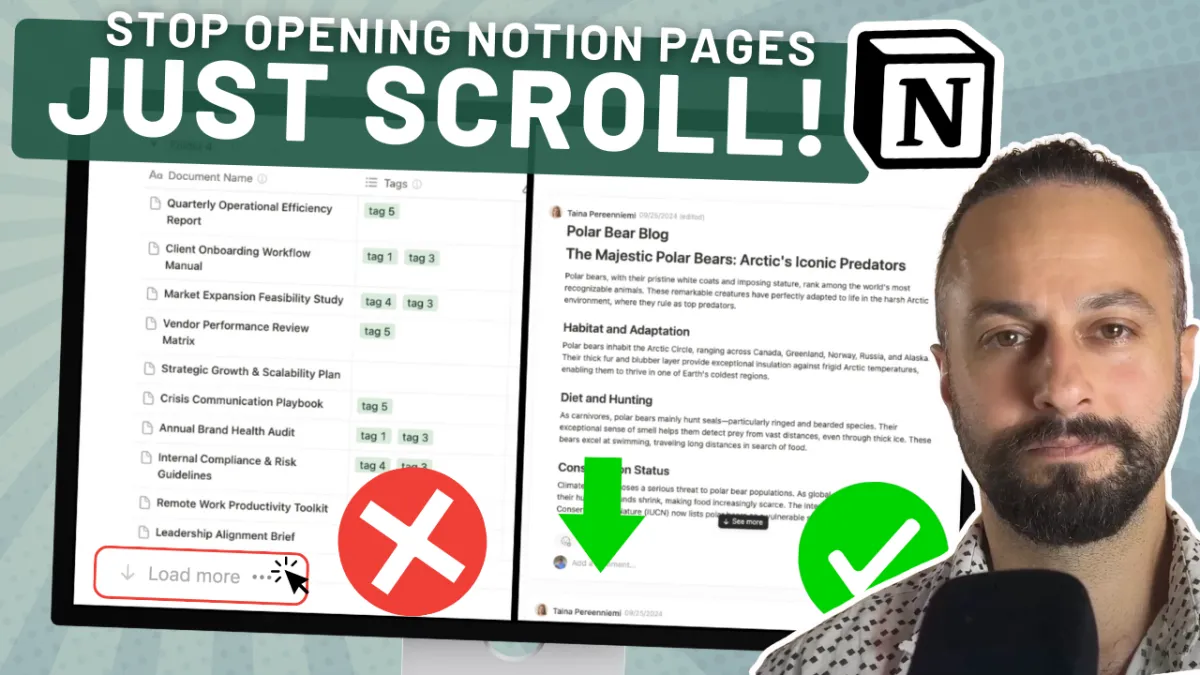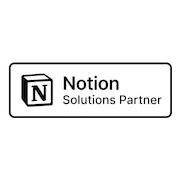New Feature Alert: Use Notion AI Meeting Notes for a Perfect Meeting Memory (Yes, Even If You Forgot to Hit Record)
Discover how Notion AI's new ai meeting notes feature helps you transcribe meetings, create smart summaries, and keep every meeting note organized in your workflow. From meeting transcription to boosting productivity, see how this upgrade turns Notion into your all-in-one meeting system.






